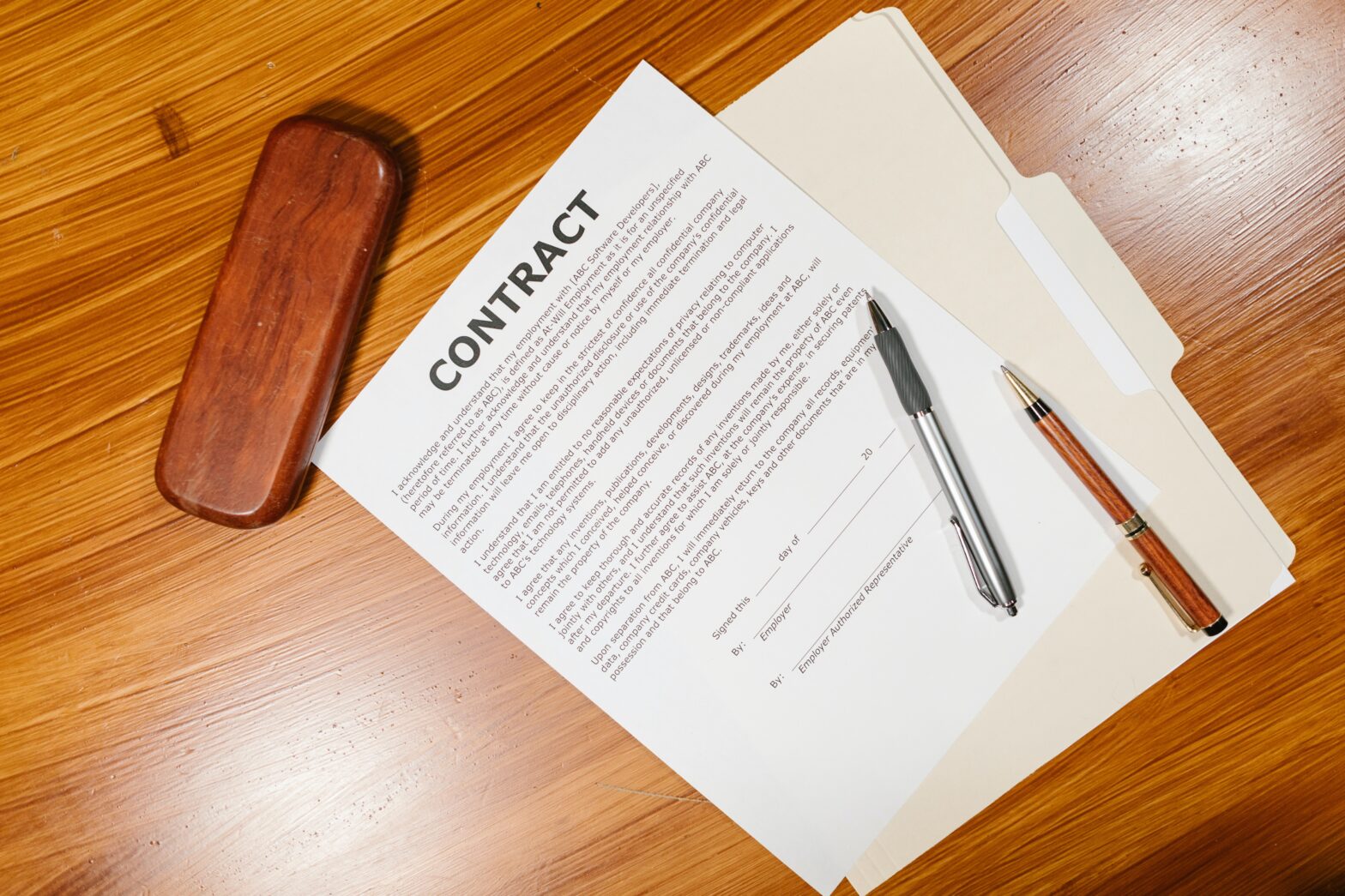July 5, 2016
Four Basic Steps to Hire the Right Person
A poor hiring decision will affect your bottom line. Not only will have you wasted your time and money in the recruiting and hiring process, you now will have to spend time fixing the problem.
Eventually you may need to go through the “de-hiring” process, which can be expensive and time-consuming as well. In the meantime, company morale, your reputation as an employer and customer service may have suffered. There are a number of things you can do to assist yourself in selecting the best candidate for your needs. Some of the more common ones are resume screening, interviewing, testing and reference checking.
RESUME SCREENING
The purpose of screening a resume is to determine if the applicant has the basic knowledge and skills needed to do the job you’re trying to fill. You should establish a list of qualifications that a successful candidate must have in order to do the job. Look for these qualifications when reviewing resumes. If the applicant lacks any of the qualifications on your must-have list, you eliminate him or her from further consideration. For example, if you are recruiting a short-order cook, you might want to insist on previous cooking experience, and only candidates who have this experience are invited for an interview. On a practical basis, the more resumes you have for any particular opening, the more stringent you can be in developing a must-have list.
INTERVIEWING
There are three crucial elements that a candidate must possess in order to succeed within a job: knowledge, skills and attitude. From resume screening, you can usually determine if a candidate has (or at least claims to have) the basic knowledge and skills to do the job. It takes an interview to determine if he or she really does. In addition, the interview is the best place to determine attitude.
When interviewing, stick to the 80/20 rule: the candidate should be doing 80 per cent of the talking; while you ask questions and guide the process for the other 20 per cent. Most of your questions should be open-ended to encourage discussion. These questions usually begin with “who,” “what,” “when,” “where,” “tell me about” or “describe.” Closed questions are used only when you require a specific yes or no answer. All of your questions must be related to the needs of your job and not discriminatory from a human-rights perspective. For example, if the job involves shift work, you could ask, “Is there anything that would limit you from working shifts?” rather than “Who will look after your children if you have to work shifts?”
When interviewing, it is important to probe the candidate’s experience to substantiate his or her skill set. The best predictor of future behaviour is past behaviour. For example, if an element of your job is working under pressure for periods of time, you might ask your candidates to describe a job where they worked under pressure. Remember, if you ask a hypothetical question (“what would you do if….”), you will get a hypothetical answer, and some candidates have enough imagination to create some extraordinary answers. Your hiring decision should be based on facts, not speculation.
TESTING
Administering a test may help in understanding if the candidate is qualified, skilled enough or has the abilities to perform the job for which you are hiring. Testing can include a wide range from cooking a dish, formatting an excel spreadsheet or handling a hypothetical guest complaint; so it is important that you determine whether testing is necessary for the position you are hiring for and if what is being tested is relevant to the candidate successfully performing the job.
REFERENCE CHECKS
Check at least two business references on each finalist. Research shows that up to one-third of applicants embellish their employment history. By checking references, you are validating the information you have received to ensure that your candidate has the knowledge, skills and attitude they have presented.
If you follow these four easy steps, you will minimize the risk of making a poor hiring decision.
go2HR is BC’s tourism & hospitality, human resources and health & safety association driving strong workforces and safe workplaces that deliver world class tourism and hospitality experiences in BC. Follow us on LinkedIn or reach out to our team.
Return to top

